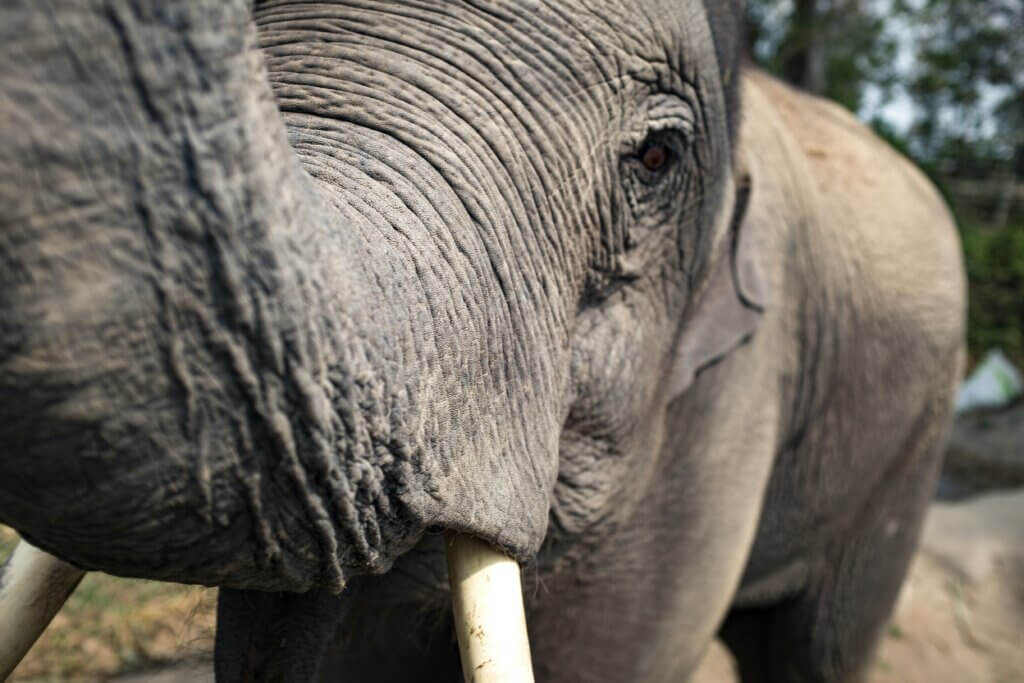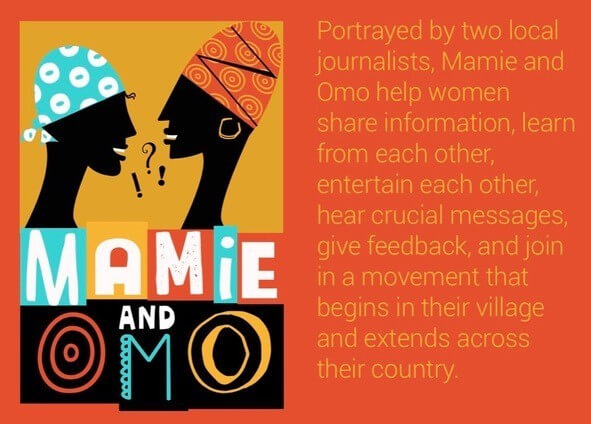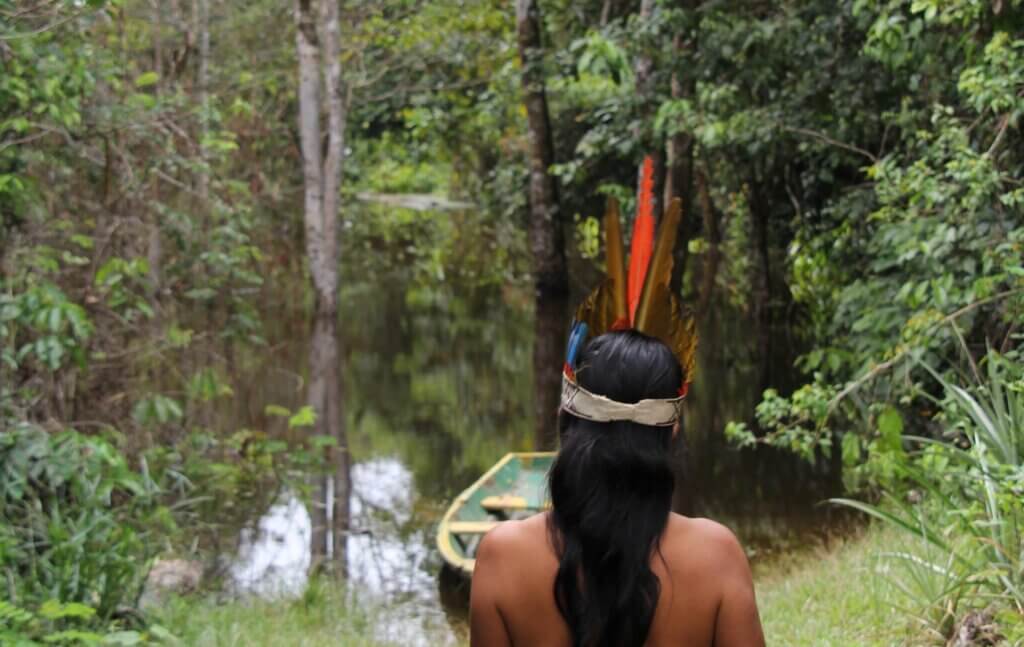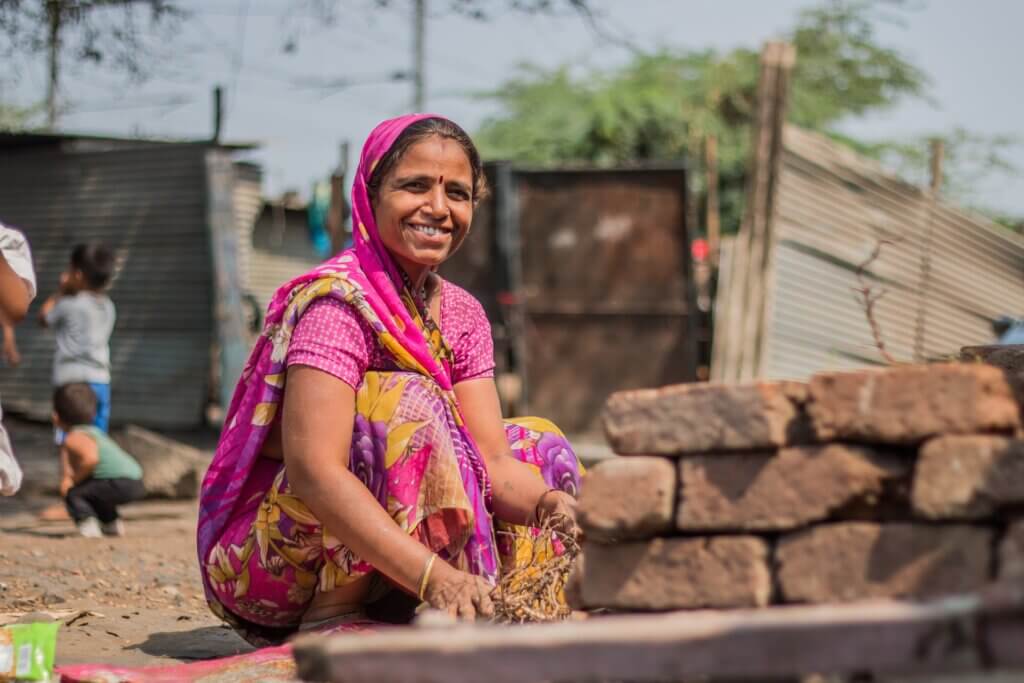9 July, 2020
Supporting our partners during Covid-19
Oak Foundation / Foundation
Photo by Aaron Burden on Unsplash
Despite the uncertainty surrounding the global pandemic, we hold onto hope. We have seen throughout history how times like these push people to rise up and show the incredible strength and resilience of the human spirit.
Concerns for the most vulnerable of society during the Covid-19 pandemic, as well as the challenges our partners have faced, led Oak’s Trustees to increase grant-making by over USD 20 million so far this year. Our staff in several different countries worked tirelessly from their homes during the lockdown to distribute this additional funding to our partners, and other not-for-profit organisations worldwide. “We want our partners to thrive and have the resources to pursue their critical work, regardless of the external environment,” says Douglas Griffiths, president of Oak Foundation. “The vision of our Trustees to generously invest resources to support our partners during this difficult time is inspiring.”
We are proud to have committed to support our partners in ways that are guided by the US Council on Foundation’s philanthropy pledge and the European Foundation Centre’s statement of solidarity. Some of these elements included moving project grants to core grants, modifying agreed outcomes, and adapting what we ask of our partners by postponing reporting requirements, site visits and other demands on their time. We understand that funds may have needed repurposing, due to cancelled/postponed programmes, conferences or other activities.
The Covid-19 pandemic has shown how the systems put in place to govern our lives can be quickly changed for our collective wellbeing. For example, landlords have been prevented from evicting tenants; urgent supplies have been delivered to hospitals; mental health support has been provided to frontline workers. People have stayed at home to protect themselves and their neighbours. People all over the world have transformed how they communicate by connecting to each other virtually.
We have done as much as we could to support these changes and alleviate the pressure on communities globally. Some of our partners’ responses to these unprecedented times are listed below. We hope you enjoy reading them as much as we do, and that you are also able to draw hope from their resilience in the face of adversity.
Environment

Photo by Jesse Schoff on Unsplash
The main hypothesis that Covid-19 originated from wildlife sold in a Wuhan wet market revealed the extreme global health and economic costs of neglecting the issue of illegal wildlife trade. Amid heightened health concerns, Oak partners such as Wildlife Conservation Society (WCS) stood ready to support the Chinese and other governments in Southeast Asia to pass new legislation and regulation. In February, China passed a decision on “comprehensively prohibiting the illegal trade of wild animals, eliminating the bad habits of wild animal consumption, and protecting the health and safety of people”, thus banning all trade of non-aquatic wildlife for human consumption.
The issue catching the attention of the whole world as a result of this health and economic crisis is: how can we rebuild our economies better? We have been working with our partners to positively influence stimulus packages and economic recovery plans as a means to accelerate the changes that are needed. In Europe, for example, attention has been put into the negotiation of a European Green Deal that will lay the foundations for transforming the European continent into a low-carbon economy, achieving net-zero carbon emissions by 2050, while improving long-term sustainability and resilience, social justice and biodiversity conditions, with the potential for repercussions worldwide. European Climate Foundation (ECF) has been a leader in orchestrating this continental effort.
Housing and Homelessness Programme
People experiencing homelessness are more at risk during a crisis like Covid-19. The St Martin-in-the-Fields Charity (SMC) is a UK-based charity that supports people to access accommodation and reduce their risk of homelessness. Oak contributed to its Covid-19 Emergency Homelessness Fund, which addressed critical needs linked to the crisis through small grants to people currently experiencing homelessness. This money provided funds for vital, basic items such as food, clothing and bills. It also paid for deposits and rent in advance. SMC developed this project based on feedback from more than 900 frontline housing and advice workers about what could help homeless people the most during the crisis. At this time of great stress for the homeless and/ or badly housed people in the UK, SMC worked to ensure that its small grant programme had a high impact and met vital needs.
International Human Rights Programme
The vulnerabilities of refugees and migrants were made starkly apparent during the Covid-19 crisis. Refugees and forcibly displaced people were among the ones most impacted – already many are subject to difficult living conditions and have limited access to healthcare. This makes them especially vulnerable to the outbreak, along with its social and economic repercussions. The Jesuit Refugee Service (JRS) coordinates a network of 21 national offices across Europe, which work to provide services to detainees and refugees. JRS launched an emergency response project focused on Italy, Poland, France, Serbia, Romania, Croatia and Kosovo. Oak’s Covid-19 response grant supported JRS to: distribute food, medicine and hygiene products; assist in providing emergency accommodation; and provide immediate vocational and educational support for those who have lost access to employment or schooling.
Issues Affecting Women Programme

Graphic provided by MMW
There was an alarming rise in abuse globally during the lockdown, as women and children who live with domestic violence were unable to escape. Our IAWP partners reported an increase of up to 30 per cent in domestic violence against women during this time. Oak provided critical financial resources to organisations that have been working hard to address this issue, including to Imkaan, Women Against Violence Europe (WAVE) and Hispanics in Philanthropy (HIP). Imkaan, a women’s organisation dedicated to addressing violence against black and minoritised women and girls in communities in the UK, used the funds to keep specialised domestic violence shelters open and shift counselling and other therapeutic services online. WAVE, a network of 150 European women’s not-for profit organisations working to fight violence against women and children, used the funds to make small grants to women’s shelters and advice centres. The network prioritised organisations who are chronically underfunded, do not receive government financing, or recently experienced cuts. This includes those working with particularly marginalised and minoritised women. In addition, HIP, IAWP’s intermediary partner in Mexico, provided grants to keep women’s shelters open when government funding for the shelters was redirected.
In addition, Media Matters for Women (MMW), which works to deliver crucial information to women and girls through mobile phones, built a trusted communications network in rural areas of Sierra Leone. MMW journalists developed Covid-19 podcasts explaining how women could protect themselves and their families from the virus, and where to seek support if they experienced domestic violence. These podcasts were uploaded to Soundcloud and were available for immediate distribution through mobile phones and radio stations. MMW also worked with town criers who broadcasted messages every day via megaphones so that families without telephones or radio could also hear this vital information.
Learning Differences Programme
The uncertainty posed by Covid-19 led to increased anxiety and uncertainty among students and their families. Without access to in-person counselling and support, students turned to online support. Oak provided a grant to the Child Mind Institute to support its mental health services for young people and its provision of training to educators in response to the pandemic. In addition, Oak increased funding to MDC, an organisation working to advance educational equity. Based in Durham, North Carolina, MDC works to eliminate structural racism and remove barriers to opportunity and education for low-income communities and people of colour. Its project LENS-NC works at the intersection of education, learning differences and equity, with the aim of advancing economic mobility for people on the margins in the southern United States. (To find out more about MDC’s work, watch the video!)
In addition, the Washington DC-based National Center for Learning Disabilities worked to actively inform deliberation of the Covid-19 Stimulus Bill in the US Congress. Its focus was to protect the legal rights of students with learning disabilities. It provided updates on the latest developments and explanations of guidance and regulation from the US Congress, Department of Education and other federal agencies related to the Covid-19 response. It also created two new resources that outline best practices for serving students with disabilities during the pandemic, tailored specifically for parents and educators.
Special Interest Programme
According to the latest data, the UK has the highest recorded death toll from Covid-19 in Europe and the second highest in the world.[1] The demands on healthcare staff and emergency responders increased significantly as a result of Covid-19, placing a huge strain on their physical and mental health, and ultimately impacting their capacity to do their jobs. In a recent poll, 50 per cent of healthcare workers said their mental health had deteriorated since the virus began taking its toll.
During this difficult time, Oak supported The Royal Foundation of The Duke and Duchess of Cambridge in its work responding to the mental health and emotional wellbeing needs of those working on the frontlines of the COVID-19 response in the UK, as well as the general public.
Prevent Child Sexual Abuse Programme
One of the devastating impacts of the Covid-19 crisis was the increased risk for online child sexual abuse. The National Center for Missing and Exploited Children (NCMEC) reported a 106 per cent increase of CyberTipline reports of suspected online child sexual abuse. UK-based not-for-profit Stop It Now! saw a 40 per cent increase to its webpage that seeks to answer the question of whether or not viewing child sexual abuse images is a form of child sexual abuse perpetration.
In response, a resource guide with vetted prevention resources for people who have a sexual interest in children was put together by Oak-funded Child First Fund (Tides), Elizabeth Letourneau, director of the Moore Centre for the Prevention of Child Sexual Abuse at Johns Hopkins University, and Michael Seto, director of the Forensic Research Unit at the Ottawa Institute for Mental Health. Emergency funding helped fast-track an online course called “Help Wanted” (featured in the guide). The course aims to prevent people from acting on feelings of attraction toward children. The resource is available in different languages and has been shared through social and online media and with child safety officers at Google and Facebook (to promote the page through their online platforms). Likewise, the transcript for the online course is available in different languages and the course has been promoted through social and online media. More than 2,000 people have accessed “Help Wanted” in the first two weeks since its launch on 8 May. “This is not a pretty story,” says Brigette De Lay, director of Oak’s Child Prevent Sexual Abuse Programme. “But one that shows Oak’s willingness to fund more controversial work, as well as our unique niche.”
Brazil Programme

Health infrastructure and food security in the Amazon was fragile before the Covid-19 pandemic. Indigenous people living in the Amazon traditionally access both food and hospitals via boats. In addition, deforestation alerts for March and April 2020 were higher than the historical average for the same period. Social distancing and the ability of indigenous peoples to protect their territory has been hindered by the risk catching Covid-19.
Oak granted a series of discretionary grants totalling USD 650,000 to 10 organisations supporting frontline defenders in the Amazonian region. These include: Projeto Saude e Alegria, which supports community health; Instituto Socioambiental, which worked with indigenous populations and allocated funds according to necessity; and Conaq, which provided emergency humanitarian support to traditional, mostly rural communities and helped prevent unlawful evictions. In addition, Brazil’s Indigenous People Articulation (APIB) has been working to deliver emergency kits with food and hygienic materials to indigenous villages. It has also developed an online platform that tracks and centralises information on the impacts of Covid-19 among indigenous peoples across Brazil.
Oak Foundation Denmark
During the lockdown, many places that provide support and meals to homeless people and vulnerable families were closed. Oak partners worked tirelessly to provide food and shelter to vulnerable people during this time. For example, a Michelin star restaurant in Copenhagen called Alchemist rose to the occasion with its initiative Junkfood, which produced hundreds of meals daily for the homeless. Working with Oak’s partners Men’s Home, The Nest, Streetlawyers and a few more organisations that work with people experiencing homelessness, not-for-profit Fodevare Banken collected and distributed the meals. In addition, Fodevare Banken distributed giftcards to vulnerable families so that they could buy food. A member of staff at one of the distribution centres said, “Your beautiful gift card brought HUGE joy. There were cheers, loud cries of joy and tears were shed. Thank you.”
In addition, grounded planes caused many people to be stranded around the world. Some of these included young people from Greenland who were unable to return to their country when Danish boarding schools closed, due to the crisis. Oak supported Det Grønlandske Hus to provide them with a safe place to stay and mental health support.
India Programme

In India, many men and women lost their jobs and consequently their income, as a result of the lockdown. In particular, this impacted women in rural and urban communities who are daily wage earners, self-employed, or working in the informal sector. In addition, the increase in domestic violence during the lockdown, coupled with the anxiety surrounding Covid-19, had a negative effect on many people’s mental health.
Swayam is a not-for-profit organisation based in Kolkata. It responded swiftly to provide basic needs to women who had lost their jobs or were being subjected to violence in their own homes. Swayam adapted its way of functioning and found new ways to reach the communities it works with. It started three telephone helplines for women and children, particularly those experiencing domestic violence. As the lockdown continued, Swayam increased the number of helplines to nine. The services Swayam provided over the phone included counselling, therapy and legal support. In addition, the team reached out to women in the communities to assess and address their needs. It provided basic rations, medicines and shelter. Now, Swayam is working to support women to set up small businesses or to revive their old ones.
These reports of resilience, adaptability and tenacity, as we pass through extraordinary circumstances, inspire us to continue our efforts to strengthen all the more the work of our partners around the world. Together with our partners, we look forward to building a positive future. We believe that we may even rise up stronger, more resilient and determined than ever, to continue our efforts to try to make this world a better, cleaner, more equitable, inclusive and just place to live – for everyone.
[1] John Hopkins University, Coronavirus Resource Centre https://coronavirus.jhu.edu/map.html